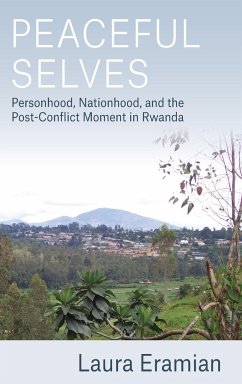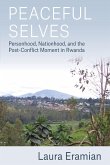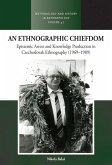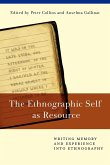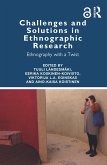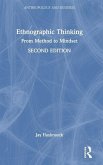This ethnography of personhood in post-genocide Rwanda investigates how residents of a small town grapple with what kinds of persons they ought to become in the wake of violence. Based on fieldwork carried out over the course of a decade, it uncovers how conflicting moral demands emerge from the 1994 genocide, from cultural contradictions around "good" personhood, and from both state and popular visions for the future. What emerges is a profound dissonance in town residents' selfhood. While they strive to be agents of change who can catalyze a new era of modern Rwandan nationhood, they are also devastated by the genocide and struggle to recover a sense of selfhood and belonging in the absence of kin, friends, and neighbors. In drawing out the contradictions at the heart of self-making and social life in contemporary Rwanda, this book asserts a novel argument about the ordinary lives caught in global post-conflict imperatives to remember and to forget, to mourn and to prosper.
Hinweis: Dieser Artikel kann nur an eine deutsche Lieferadresse ausgeliefert werden.
Hinweis: Dieser Artikel kann nur an eine deutsche Lieferadresse ausgeliefert werden.

